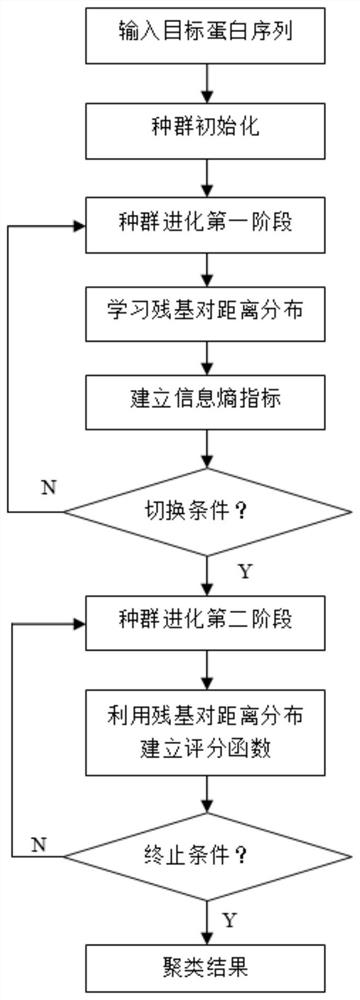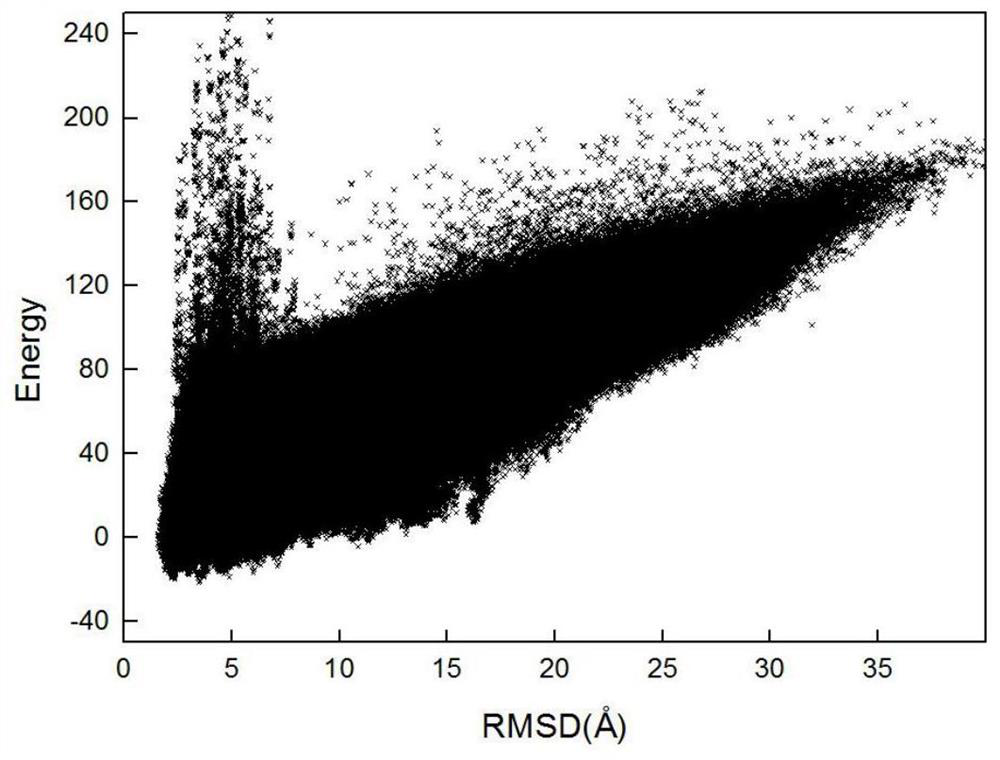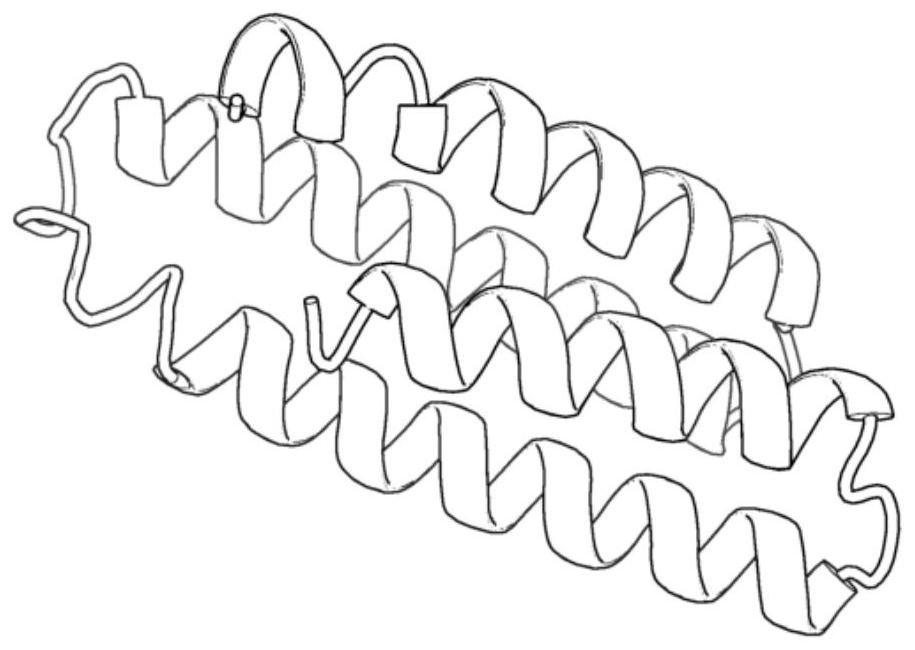A Self-learning Method for Protein Structure Prediction Based on Residue Contact Information
A technology for protein structure and contact information, applied in informatics, bioinformatics, and used to analyze two-dimensional or three-dimensional molecular structures, etc., can solve the problem of affecting prediction accuracy, "oversampling, and inability to effectively capture remote forces between residues" and other issues to achieve the effect of improving the prediction accuracy
- Summary
- Abstract
- Description
- Claims
- Application Information
AI Technical Summary
Problems solved by technology
Method used
Image
Examples
Embodiment Construction
[0042] The present invention will be further described below in conjunction with the accompanying drawings.
[0043] refer to Figure 1 ~ Figure 3 , a protein structure prediction method based on residue contact information self-learning, including the following steps:
[0044] 1) Given the input sequence information, use the Robetta server to obtain the fragment library of the sequence;
[0045]2) Use RaptorX-Contact to predict the contact map of the sequence, obtain the contact situation of N residue pairs, and make the contact between the kth residue pair in the contact map, the contact refers to the Cα-Cα Euclidean distance less than The exposure probability is denoted as P k , k∈{1,...,N};
[0046] 3) Initialization: population size NP, information entropy threshold α, the maximum number of iterations in the first and second phases of the population are G1 and G2 respectively, according to the input sequence, execute the first and second phases of the Rosetta Abinitio...
PUM
 Login to View More
Login to View More Abstract
Description
Claims
Application Information
 Login to View More
Login to View More - R&D
- Intellectual Property
- Life Sciences
- Materials
- Tech Scout
- Unparalleled Data Quality
- Higher Quality Content
- 60% Fewer Hallucinations
Browse by: Latest US Patents, China's latest patents, Technical Efficacy Thesaurus, Application Domain, Technology Topic, Popular Technical Reports.
© 2025 PatSnap. All rights reserved.Legal|Privacy policy|Modern Slavery Act Transparency Statement|Sitemap|About US| Contact US: help@patsnap.com



